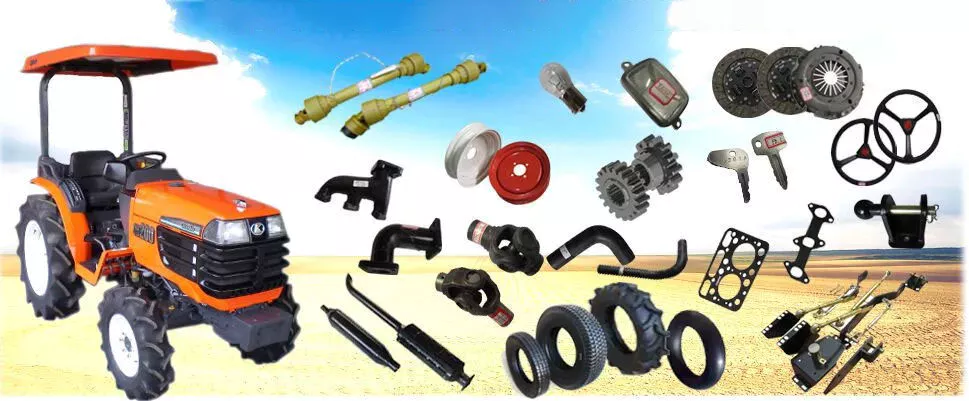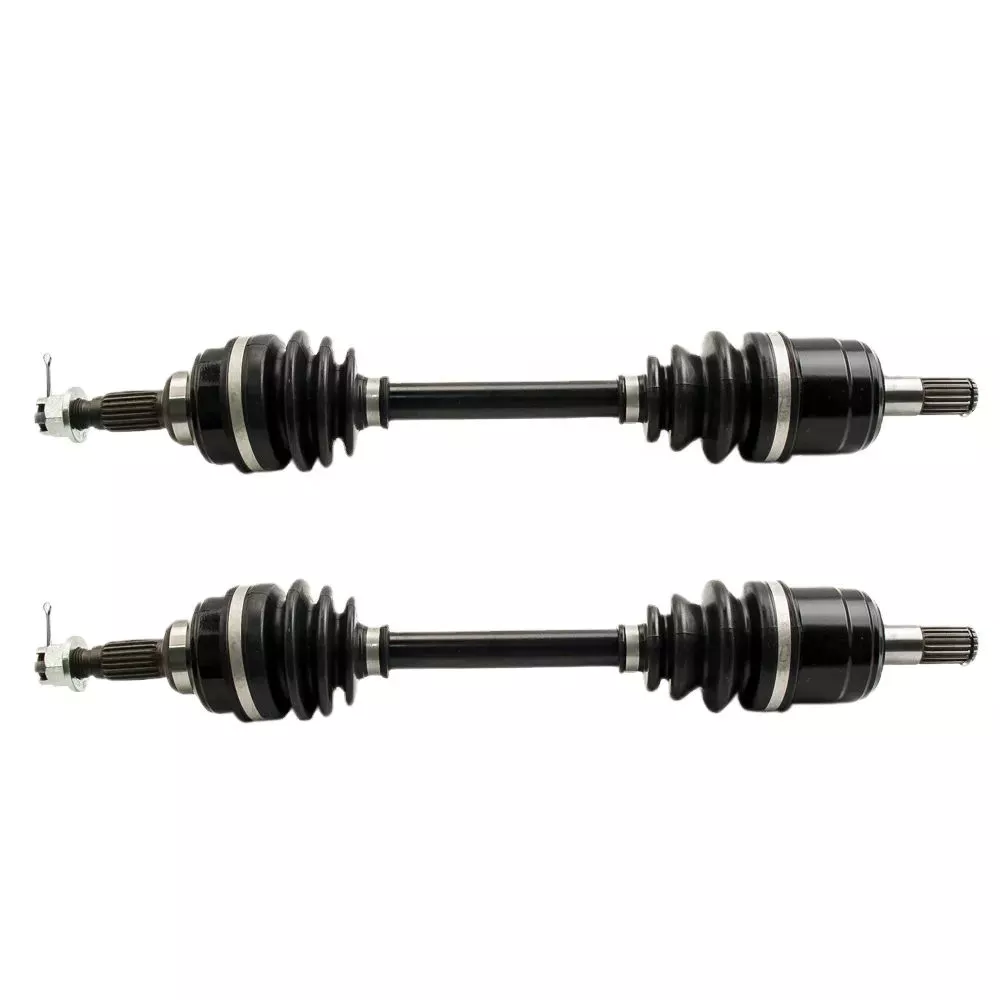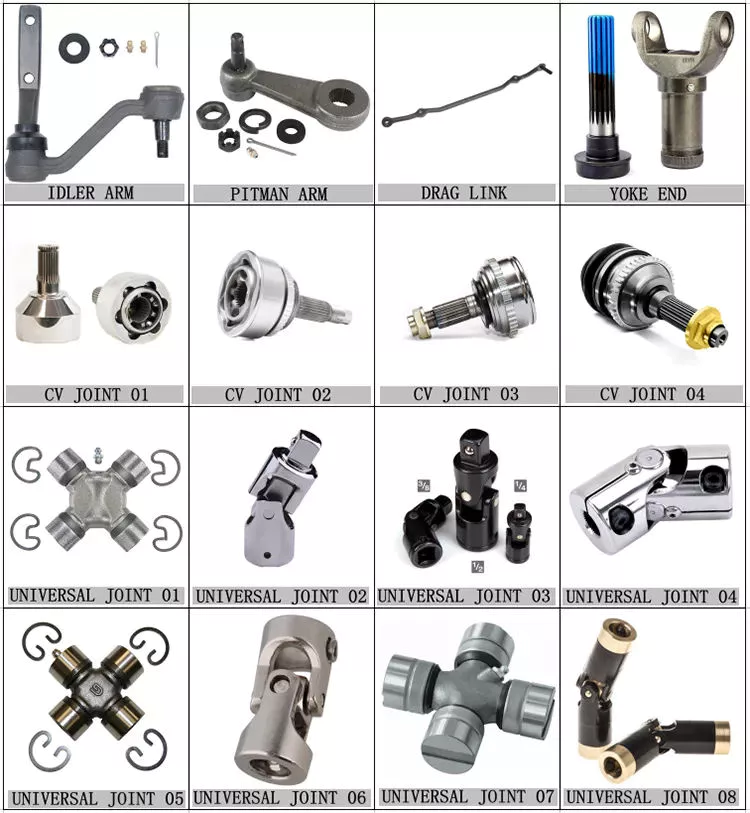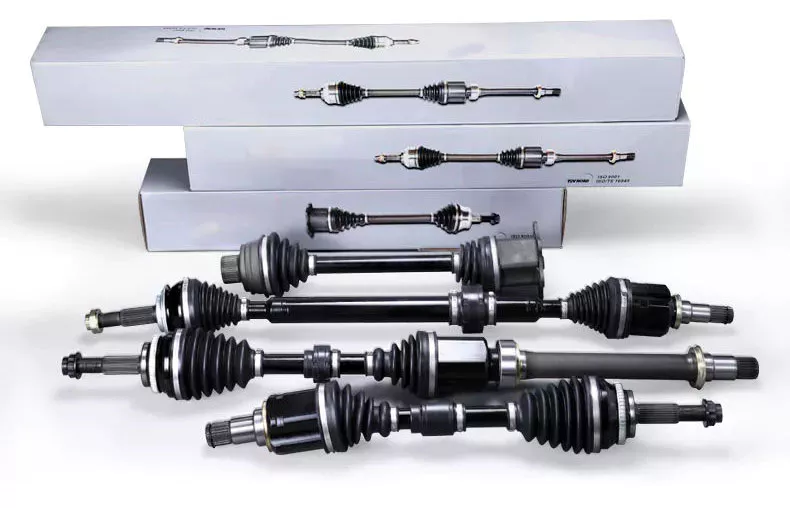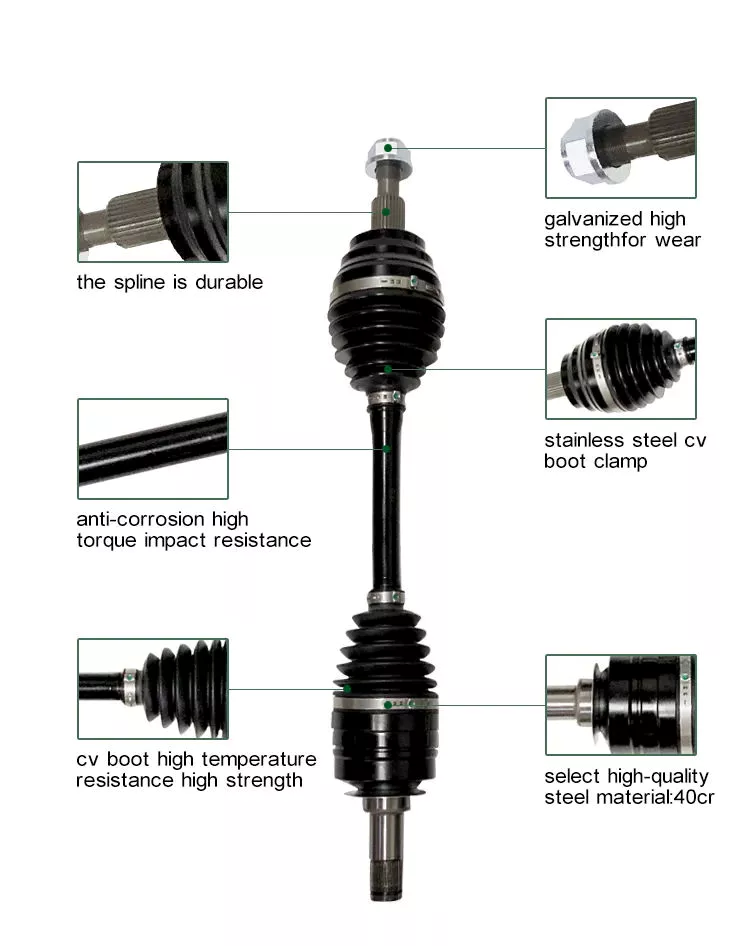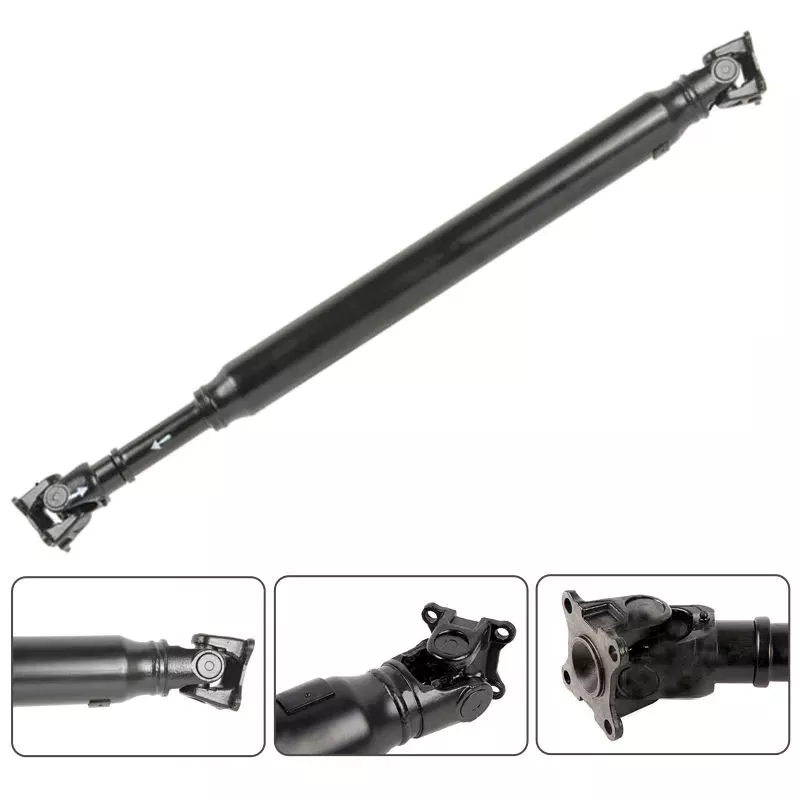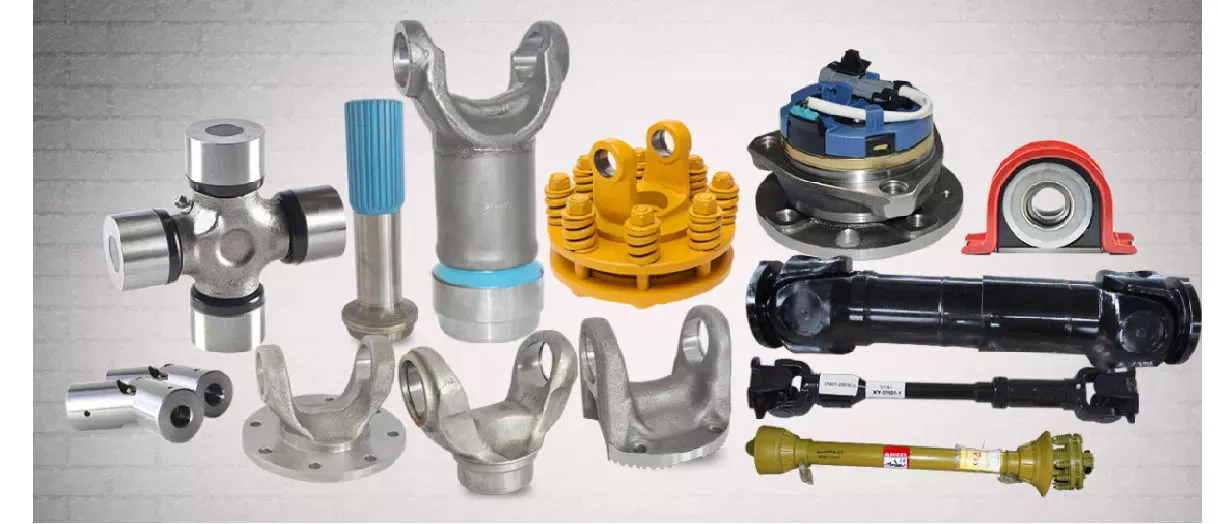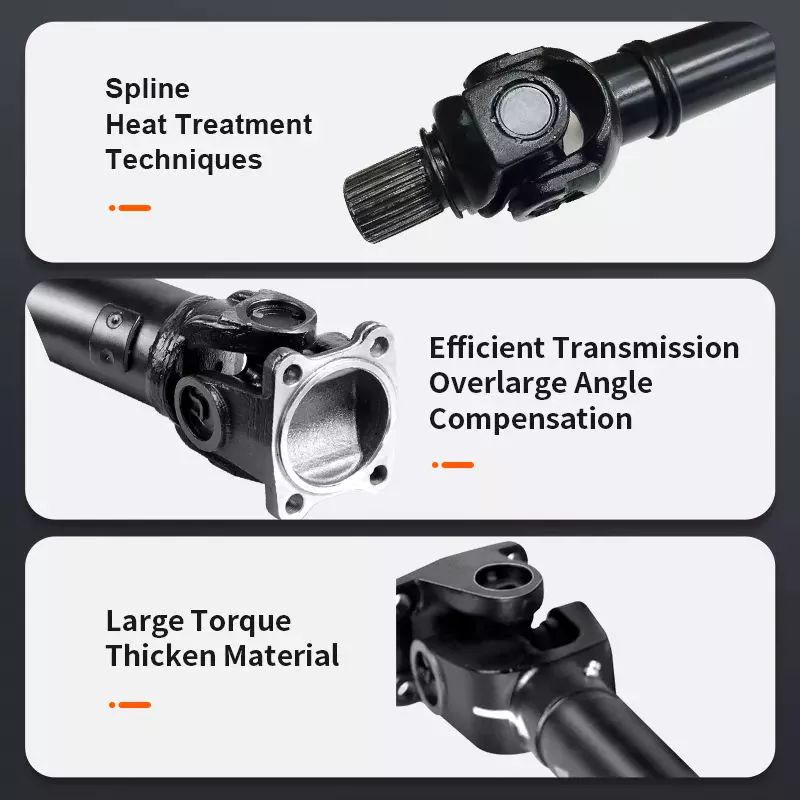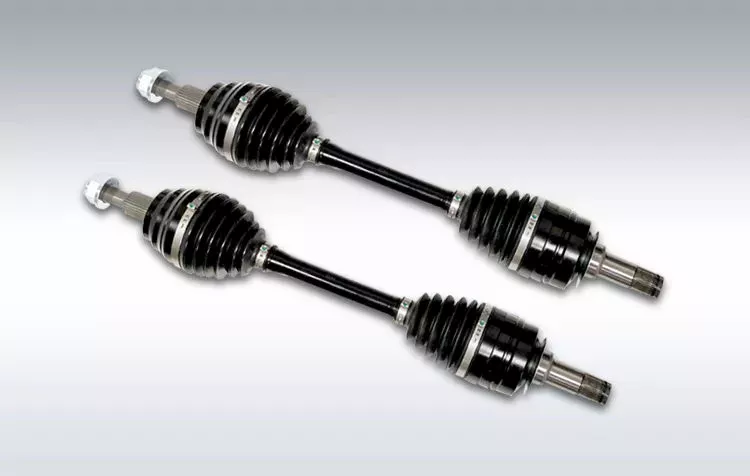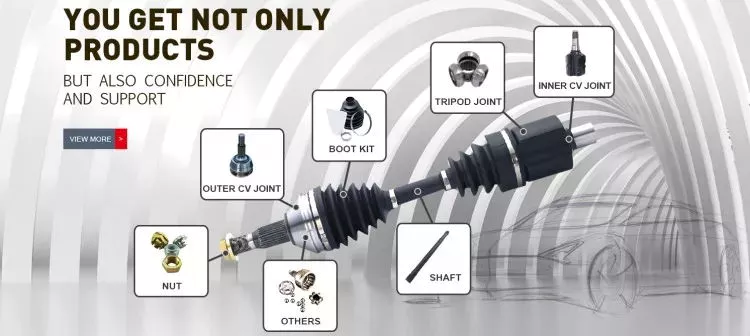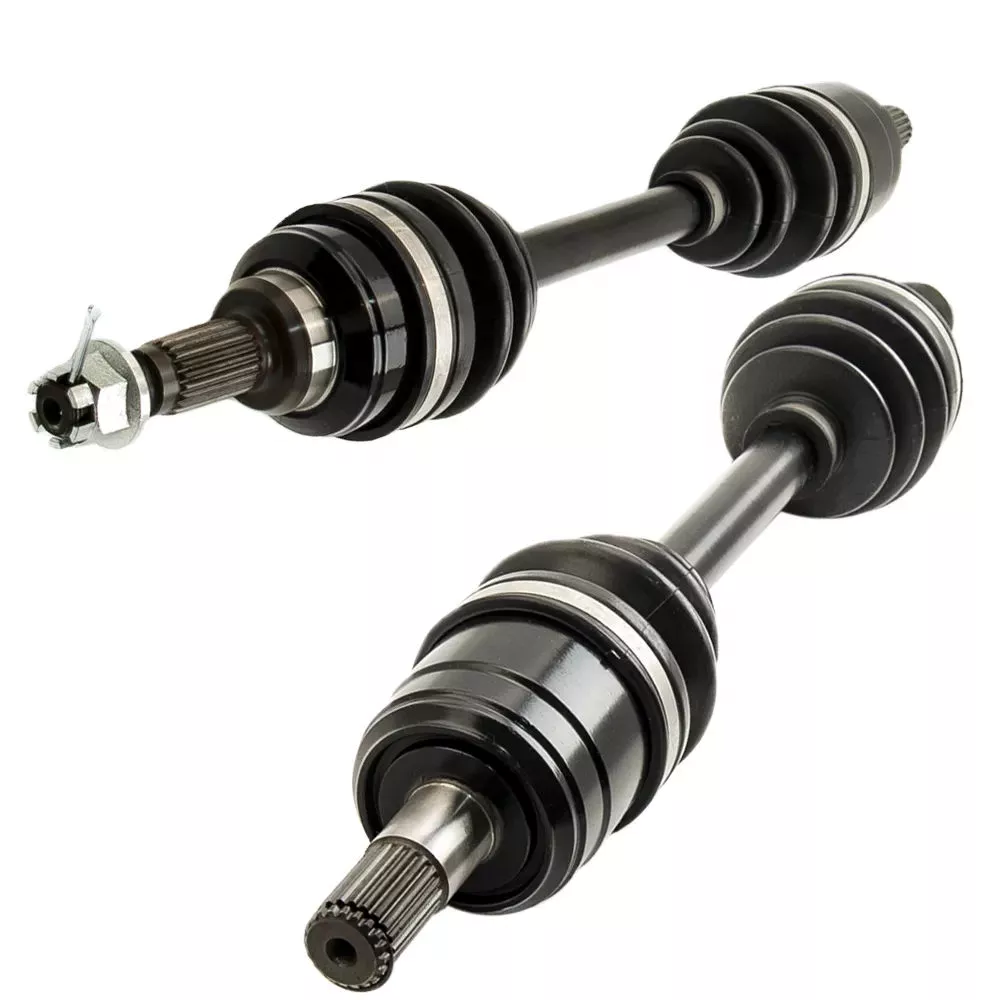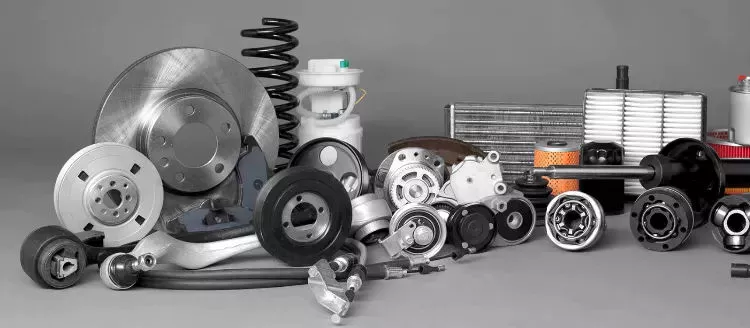OE NO.: FB-2041
Warranty: 12 Months
Car Model: Universal
Product Name: CV Joint Boot
Material: Rubber
Quality: High-Quality
Brand: BOP
Size: Standard Size
Car Make: Toyota, SUZUKI
DELIVERY TIME: 7-15 Days
Shipping: DHL UPS TNT Fedex
Service: Professional Service
Packaging Details: Plastic bags,box
Products Description Company Profile Recommend Products Packing & Delivery FAQ 1. How about your delivery time?A: Generally, it will take 15 to 30 days after receiving your advance payment. The specific delivery time depends on the items and the quantity of your order.2. how can we guarantee quality?Always a pre-production sample before mass production;Always final Inspection before shipment;3.what can you buy from us?Manufacturing sales: motor vehicle parts, auto parts, motorcycle parts, rubber products, plastic products, polyurethane products, molds, construction machinery parts railway parts, rubber machinery.4. why should you buy from us not from other suppliers?We are an excellent motorcycle and auto parts production and trading company, with advanced production technology, low price, better product quality and perfect after-sales system, you can customize the exclusive products5. what services can we provide?Accepted Delivery Terms: FOB;Accepted Payment Currency:USD;Accepted Payment Type: T/T,Escrow;Language Spoken:English,Chinese Packing & Delivery Company Profile HangZhou Shimao Locomotive Components Co., Ltd. was established in 2018, located in HangZhou City, ZheJiang Province. After several years of development, the company has become a professional export of high quality motorcycle and auto parts production and trading company, the company has 50 employees, the main products have more than 20 kinds, has its own professional production line. The company has advanced production technology, low product price, better product quality and perfect after-sales system, reasonable price and first-class service to win the trust and praise of customers, extend by Southeast Asia, Asia, South America and other more than 30 countries and regions welcome. We can customize a production line for your order to meet the customer’s requirements for product appearance and quality. Our rich products and good service will certainly bring you more profits and market share. FAQ 1. who are we?We are based in ZheJiang , China, start from 2018,sell to Domestic Market(23.00%),South America(15.00%),Oceania(12.00%),Southeast Asia(10.00%),Africa(10.00%),Mid East(10.00%),Eastern Asia(10.00%),South Asia(10.00%). There are total about 11-50 people in our office.2. how can we guarantee quality?Always a pre-production sample before mass production;Always final Inspection before shipment;3.what can you buy from us?Motorcycle buffer block,Oil seal,The plum blossom pad,o-rings,Valve seal4. why should you buy from us not from other suppliers?We are an excellent motorcycle and auto parts production and trading company, with advanced production technology, low price, better product quality and perfect after-sales system, you can customize the exclusive products5. what services can we provide?Accepted Delivery Terms: FOB;Accepted Payment Currency:USD;Accepted Payment Type: T/T,Escrow;Language Spoken:English,Chinese
What Is a CV Joint?
Basically, the constant velocity (CV) joint is a device that transmits power through a drive shaft at a constant rotational speed, without increasing friction. They are mainly used in front-wheel drive vehicles. In addition to transmitting power at a constant rotational speed, these joints also allow the drive shaft to travel at a variable angle. Because of this, they can be used to transmit power through a variety of angles without increasing friction.
Damaged or torn CV boot
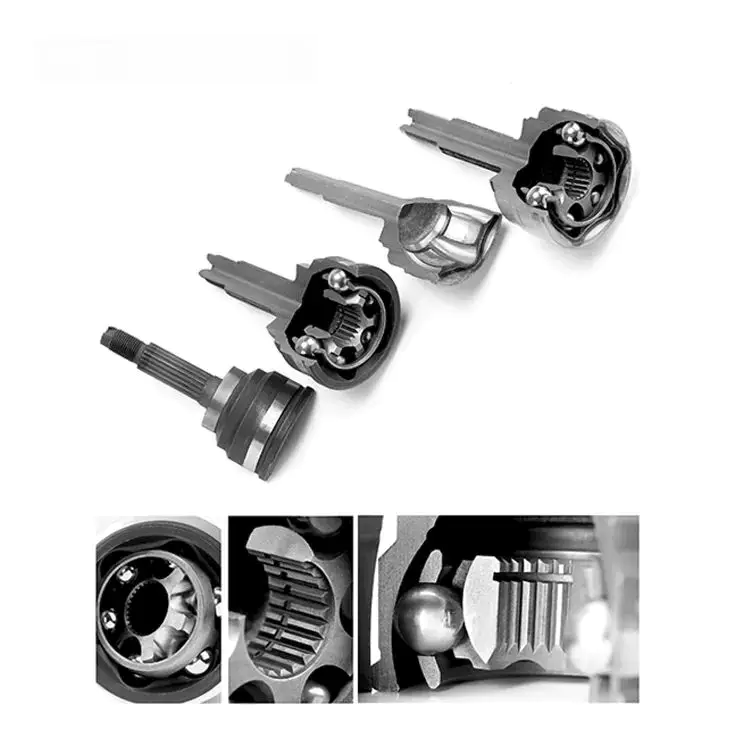
Keeping your CV boots in good condition will protect your axle and CV joint from moisture, dust, and other debris. Damaged or torn boots will allow dirt and moisture to enter the joint, increasing the chances of joint failure.
The most obvious symptom of a worn or torn CV boot is a leaking grease reservoir. When your axle rotates, centrifugal force pushes out the exposed grease. This can travel to other parts of your vehicle and cause problems. If the grease is leaking, then you may need to replace your CV boot.
Another symptom of a damaged CV boot is a loose CV joint. This can cause vibrations and a clicking sound. The joint may even make a popping sound when you turn your wheel.
The most important aspect of a CV boot is its ability to protect your CV joint from moisture and debris. Dirt, dust, and road debris are a few of the worst things to enter a joint. These things can damage it over time and lead to more serious problems.
The good news is that a damaged or torn CV boot isn’t too difficult to repair. Most CV boot repair kits come with a tube of grease, which you will need to repack the joint.
If you are unsure about whether you need to replace your CV boot or CV joint, then you should have a professional inspect it. This will help you determine if the joint needs to be replaced or repaired.
You may also want to take your car for a drive to see if you can notice any changes in the sound. This can be due to a loose CV joint or a broken transmission mount.
The best way to tell if your CV boot needs to be replaced is to look for the first sign of wear. This could be the first time you notice a leaking grease reservoir or a crack in your boot. If this is the case, then you need to take your vehicle to a repair shop.
Knocking sound
Having a CV joint makes it possible for your wheels to turn when your suspension moves. This is essential to your vehicle. A CV joint is often used to absorb a high amount of horizontal axis motion.
While you can find CV joints in most modern cars, they can wear out. It’s important to make sure they are in good condition. If they are not, you could end up with a bad joint that could damage other parts of your vehicle.
A CV joint is a critical part of your vehicle, and you need to keep them in good condition. They may not last forever, so you should consider taking them in for repairs if they start making noise.
Often, CV joints make a clunking or knocking noise. This is because the metal parts of the joint are rubbing against each other. Grease is usually used as a lubricant. It helps reduce friction and increases the lifespan of the joint.
If you hear a CV joint clunk or knocking noise while you are turning, it is likely that the joint is worn out. You should be able to find out if it is by turning the steering wheel to the right and left. This will reveal if the joint is broken or not. If it is, the clunking or knocking noise will be louder as you turn.
Usually, the best way to test your CV joint is to take your car to a mechanic. You can also try to shake the joints to determine if they are worn out. You can also try putting your car in reverse and seeing if the noise gets worse.
If the clunk or knocking sound is not as loud as you expect, you may have a bad CV joint. You could also damage the joint by driving the vehicle with a damaged CV joint. This can be dangerous, so you should take all of your precautions when doing this.
Besides clunking and knocking, you may also hear clicking or a popping noise. These are often indicators that the CV joint is worn out, and may need to be replaced.
Vibrations

Depending on the type of vehicle you drive, you may have vibrations in your CV joint. A CV joint is an important component of your vehicle that allows your wheels to be steered smoothly. The joint is located at the end of each axle.
A worn CV joint will allow the wheels to shake during acceleration. This can be an indicator of a bad axle, which will need to be replaced. It is also a sign of a tire or wheel runout. If the joint is damaged, you may also hear a clicking noise when turning.
If you experience vibrations in your CV joint, you will want to get them fixed as soon as possible. The joint should be inspected before repairs are made.
A damaged CV joint is typically caused by a tear in the joint boot. If the boot is damaged, water or dirt can enter the joint and eventually destroy the steel balls within the joint. You will also be unable to use ordinary chassis grease to lubricate the joint. You will need to use special high-temperature grease.
A bent rim can also cause harmonic vibrations. If you are overtaking another car, you may hear vibrations that are more noticeable at slower speeds. If you are cruising, you will not hear these vibrations. The best way to get them under control is to turn your wheel straight.
In addition to vibrations, your CV joint may also make a clicking or clunking noise. This noise can be caused by a problem with the driveshaft CV joint or by an improper motor/transmission mount.
CV joints can also become damaged by water, dirt and moisture. If water seeps into the joint, you will need to have the joint replaced. You may also need to replace the CV boot. This will help prevent water and dirt from entering the joint.
If you notice vibrations in your CV joint during acceleration, it is important to get them fixed as soon as possible. This can compromise the safety of you and other drivers on the road.
Dangers of a broken CV joint

Having a bad CV joint can be dangerous. Besides the obvious danger of a broken axle, your vehicle may not be safe to drive. Having a bad CV joint can also affect other suspension components, making your car bounce or shake while you drive.
The CV joint is a part of the vehicle’s suspension that allows drivers to control the wheels through the steering wheel. If a CV joint fails, it will be unable to distribute power from the transmission to the wheels. Having a bad CV joint can be hazardous, especially at high speeds. If you suspect that your vehicle has a bad CV joint, it’s best to have it checked immediately.
The first sign of a bad CV joint is an excessive amount of vibration while driving. The more you speed up, the more intense the vibrations will be. A bad CV joint can also cause you to lose control of your vehicle, which can make it difficult to make turns or drive safely.
A loud clicking sound is another common sign of a bad CV joint. The sound is most common during a turn at low speeds, but can also be heard when you accelerate. The click will become louder when the vehicle is turned in a circle.
A clunking sound while decelerating can also be a sign of a bad CV joint. The clunking sound will become louder and more noticeable as the part wears. Having a clunking noise when you turn can be an indication of an inner or outer CV joint failure.
A broken CV joint can leave you stranded and in a dangerous situation. Your car may not move and you may have to tow it. Depending on the location of your vehicle, you may have to replace the entire CV axle, which can be expensive. If you have a broken CV joint, it’s best to have a mechanic inspect it as soon as possible.
A broken CV joint can cause grease to leak into your car, which can cause the tires to wear out faster. It can also cause water and dirt to enter your vehicle.

editor by czh
